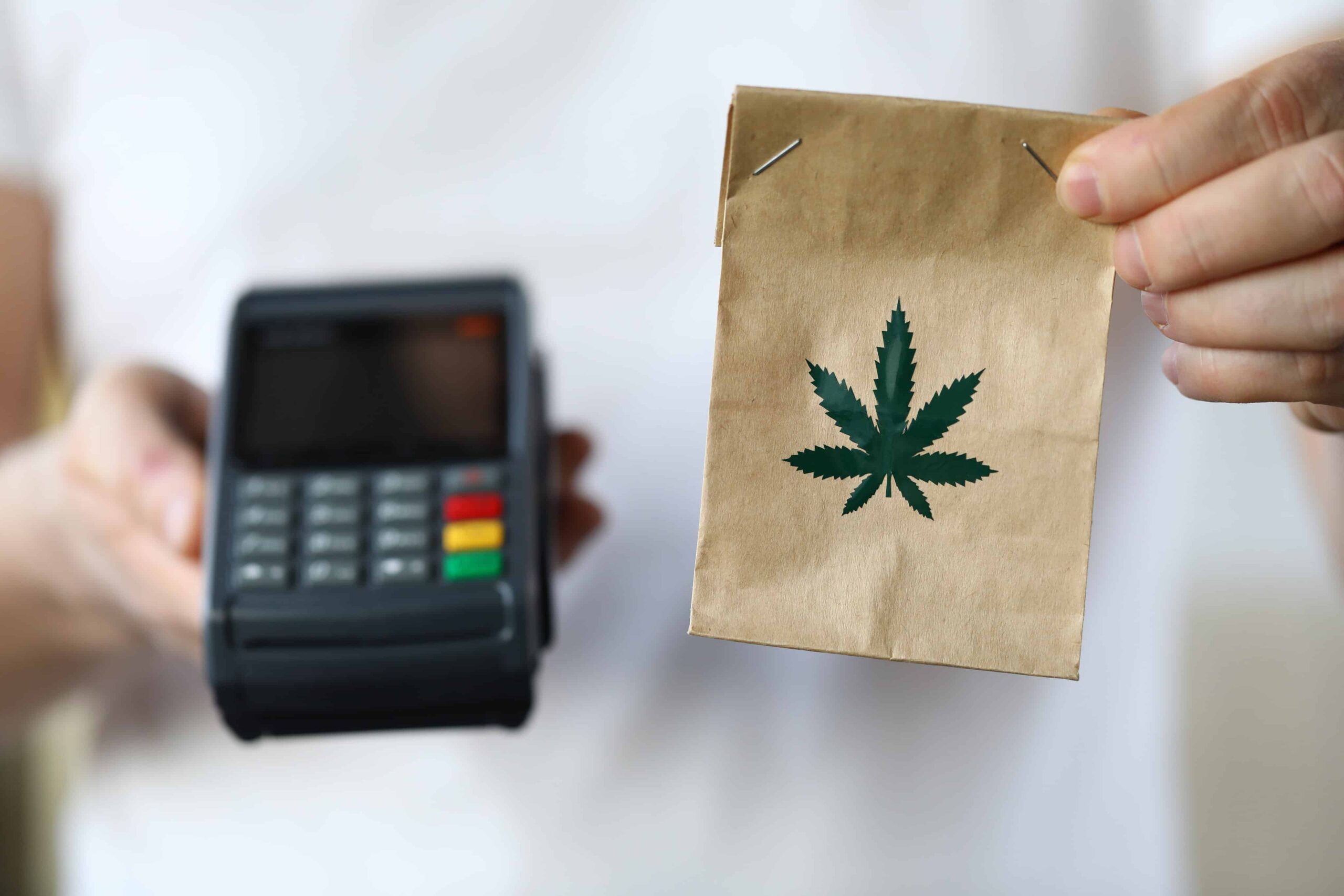
Colorado’s cannabis industry is experiencing its first-ever decline
Since cannabis became legal for recreational use in Colorado, the industry has taken off. Now, for the first time ever, the industry in Colorado is on the downtrend.
This was most evident when looking at tax revenues, but there are other signs as well. Pharmacies are closing and delivery services and social clubs are still working to get a foothold. This is helping to reduce tax revenues, and as more states legalize, people are starting to worry that Colorado’s cannabis boom is finally coming to an end.
“More and more people are being laid off. We’ll likely see more small shops close and many brands disappear,” said Spencer Ward, sales clerk at Bronnor Corp., a company that makes edibles and infused products for brands in Colorado stores.
In July, taxes and fees levied on retail cannabis totaled $198.3 million, down $53.7 million, or 21%, from 2021. Colorado posted record sales in 2021 as dispensaries hit $2.2 billion and brought in $423.5 million in taxes, but it’s so significantly lower this year.
Now there is concern that if this decline continues throughout the year, state taxes going to things like the Public School Fund will fall. It’s possible the industry could bring in $24.9 million for the fund, compared to $31.5 million last year. The retail sales tax distribution to local governments could also fall from $27.8 million to $22 million.
This also coincides with the 44 percent drop in medicinal cannabis sales, which Truman Bardley, head of the Marijuana Industry Group’s trade organization, calls “a big, big deal.”
“Any programs that rely on marijuana taxes are going to see a big cut,” Bradley claims.
Also, prices have fallen. In 2021, cannabis flower sold for $1,300 per pound, and the pruning used for tinctures and oils was $425 per pound. Now, the Colorado Department of Revenue’s latest market rates claim that flowers are selling for closer to $700 a pound, and trimmings are down to $225 a pound. These are the lowest prices since 2014.
As prices fall and less taxpayer money is collected, supply is beginning to outweigh demand, and while new licenses are still being issued to cannabis companies, some businesses are closing.
“We’ve seen time and time again that communities end up legalizing because they see the value of the regulated market and see the cannabis industry as a potential solution to help generate more revenue for the community,” says Bradley. “But there comes a point when taxation becomes predatory or unsustainable or both. And we’re getting close…”
John Bailey, founder of the Black Cannabis Equity Initiative, sees this as an inevitable change as the industry is no longer new.
“What you’re seeing isn’t a decline, it’s a flattening of a saturated industry,” says Bailey. “Even in the midst of a decline, people are still buying weed. You may not buy as much. This is marketing flattening out and it’s flattening out for many reasons, it could be because we’ve saturated the market with so many companies.”
Others believe that states exploit their local industries through overtaxation. While this may have been necessary to shake off the stigma and legalize cannabis in the first place, now that most states have an industry and the novelty has waned, these taxes are taking growers and small businesses away.
“Ultimately, I think federal legalization is the only way we can begin to build a stronger industry,” says Chaz Faille, a Denver-based sourcing manager for the Willie’s Reserve brand. “Just being able to source product from other states and having distribution warehouses that actually grow that product would go a long way. Instead of having a bunch of states doing things differently.”
While it’s not yet clear just how much Colorado cannabis sales will fall and whether this is a sustainable move for a developed industry or something that bodes bad news, it’s clear that the industry and the state at large can feel the drop.

Post a comment: